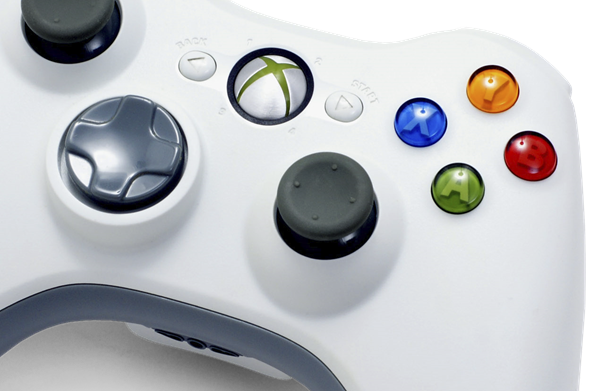Back in early February, it was speculated that Microsoft’s next-gen console, dubbed the "Xbox 720," would incorporate a system preventing the use of second-hand games. It’s no secret that game developers see the practice of trading used titles as detrimental to revenue, and it has long since been presumed that measures would be in place to combat this. Further to that earlier report, yet another leak has surfaced in the form of screenshots of the XDK via VGLeaks, which only but corroborate the claims of an anti-used title infrastructure.
It’s worth noting that, when talking of Durango – the codename of the next-gen hardware, VGLeaks has been pretty spot-on. Although this is certainly not the first time we’ve seen screenies from an Xbox Development Kit, these latest ones do appear to fall nicely in line with the rumor mill.
The information suggests every next-gen console will pack a large hard disk with enough space to hold a significant number of titles at any one time. It is thought all games released for the console will be installable on the hard drive, with playback from the optical drive not supported. This will greatly alter the system to which gamers will have become accustomed to over the years, but with Sony already revealing that gamers will be able to play games even before they have finished downloading, it’s unlikely this install-and-play system on Microsoft’s next effort will significantly increase waiting times.
It’s looking more and more as though installing games will be standard practice, and those used to sharing games with friends will no longer be able to do so. Microsoft is thought to be developing an anti-used games system which uses activation codes and an "always on" Internet connection in order to prevent games from being resold once purchased.
The information, while accurate, is rather dated, so it’s not as though we can take everything noted as Gospel. However, with various statements in the past by developers lamenting the losses through third-party resellers and game sharing, it looks as though Microsoft is taking steps to ensure this practice does not continue moving forward.
Some may see this as something of an injustice, but in my opinion, it’s a necessary step to ensure the gaming industry continues to thrive. Thoughts?
You can follow us on Twitter, add us to your circle on Google+ or like our Facebook page to keep yourself updated on all the latest from Microsoft, Google, Apple and the web.

